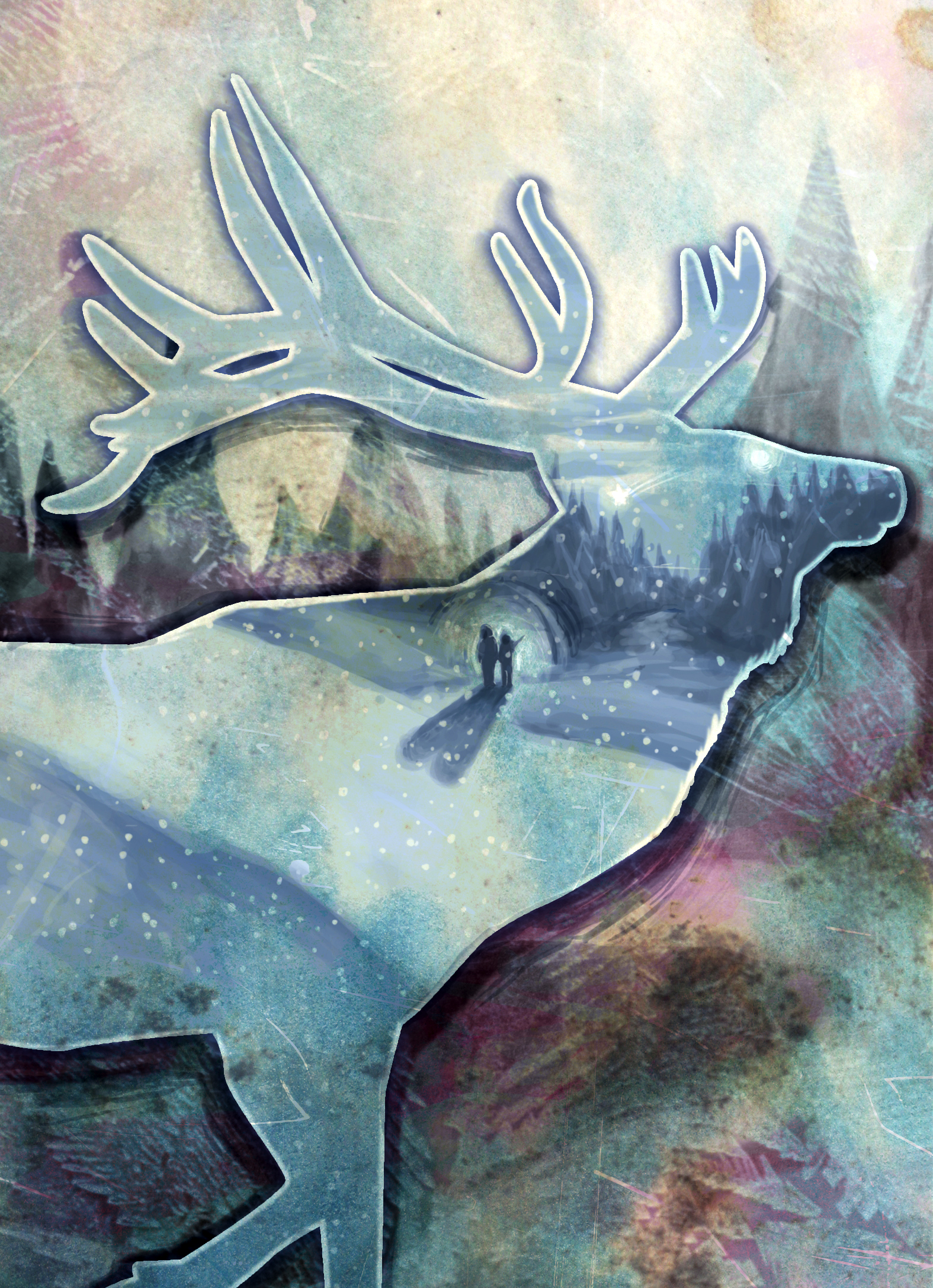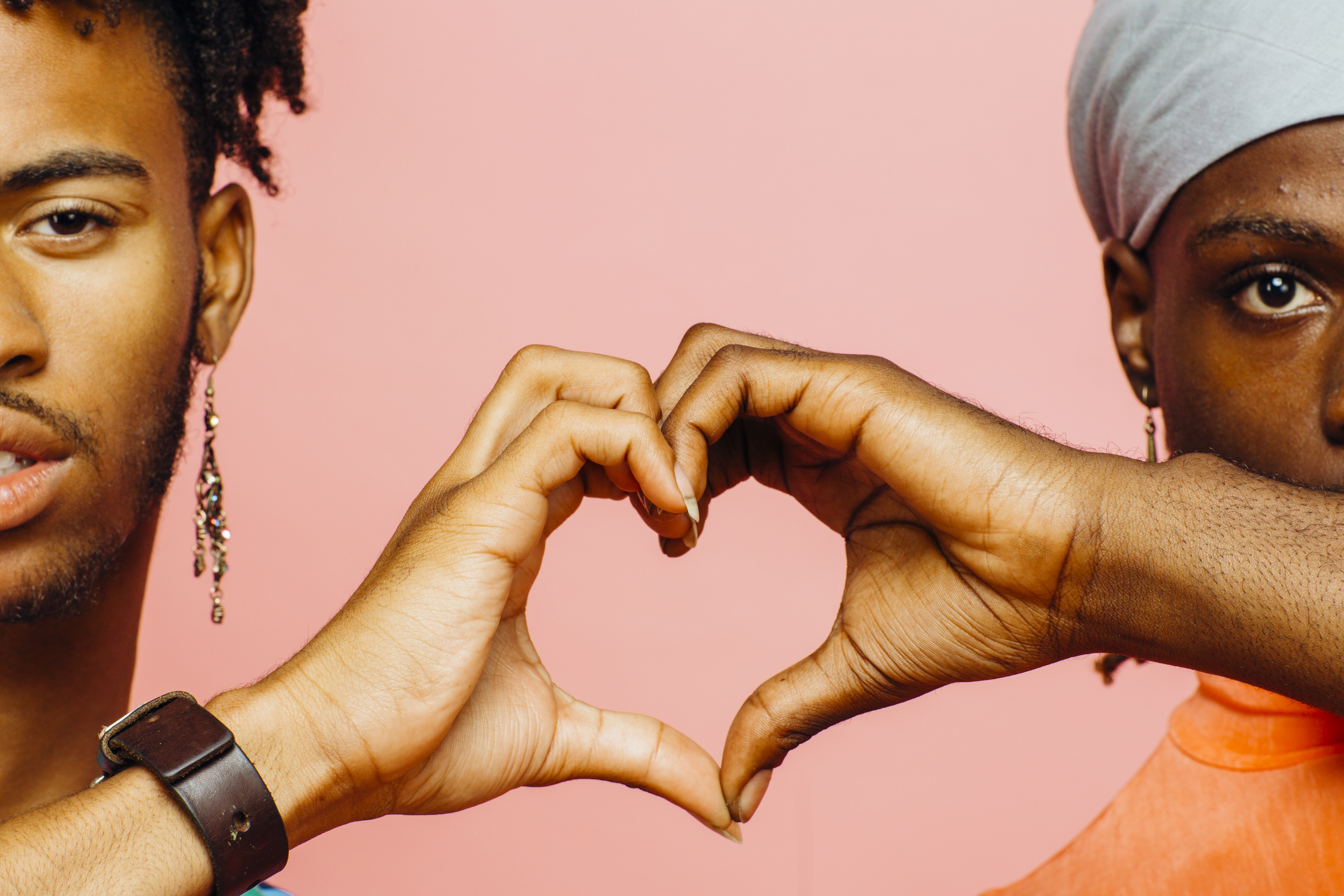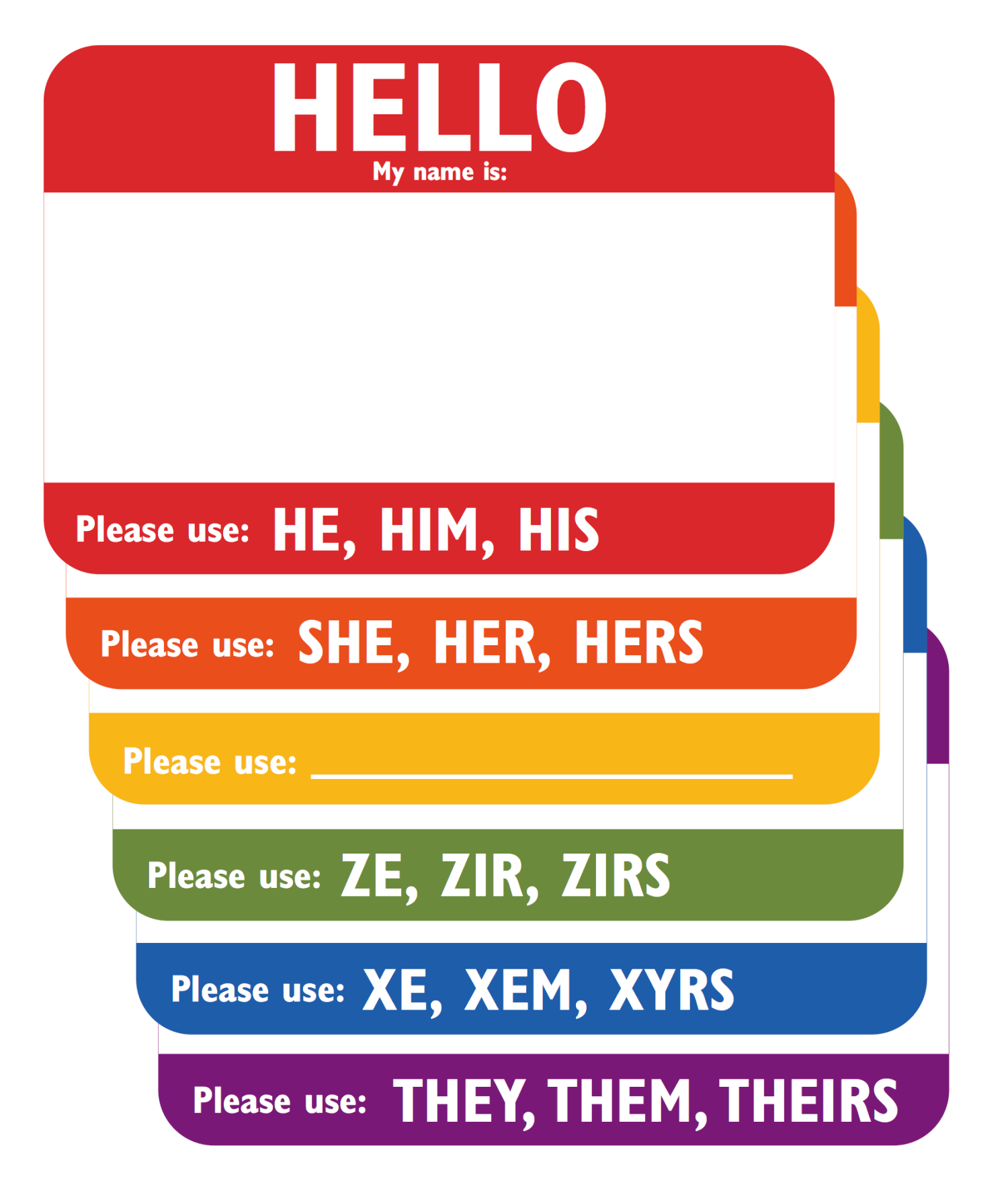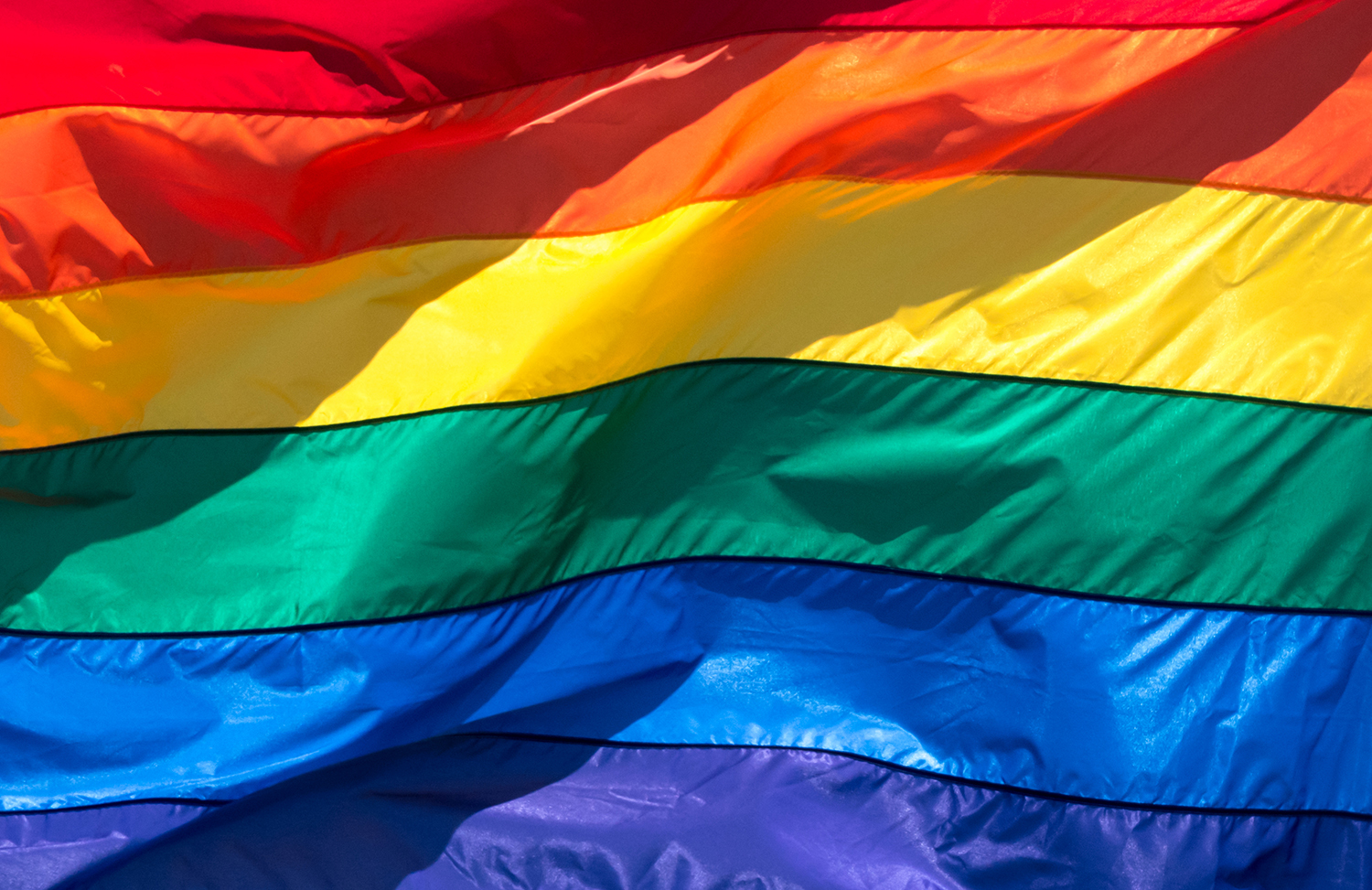Music is a huge part of African American culture — and a critical way in which the African American community is shaping the broader culture of the United States and the world. We spoke to a group of campus employees from across generational divides to find out about the role music plays in their households, and how the evolution of R&B, gospel, and other genres has impacted the culture.
We sat down with a group of African Americans to discuss the role of music in the African American community and how its influence and message have changed from generation to generation.

Courtney N.
Executive Dean
Generation: Millennial
“I’m a connoisseur of trap music. I like to go to trap bingo, trap karaoke…I created trap karaoke and trap bingo for game nights at my house. But I wouldn’t let my daughter listen to some of the stuff that I listen to. If it doesn’t have a message behind it, she’s not going to hear it.”

Arthur J.
Executive Dean
Generation: X
“We had gospel, some of the same artists – Hawkins, Clark Sisters, James Cleveland, and occasionally you get also the Old One Hundreds. Old One Hundreds – those are like spiritual Negro songs, hymns, with a little different slant. “Guide Me O Thou Great Jehovah, Pilgrim Through This Barren Land.” And the thing was to cook and sing, cook and clean. I grew up in a house to where you don’t have a choice, you went to church. There were certain things you didn’t do. You didn’t listen to secular music. But my older siblings who were in the backroom, you know, that’s where they were trying to put on a little Luther when nobody’s listening, a little Earth Wind & Fire, K104. It was Mahalia Jackson in the living room and Michael Jackson in the back!”

Skip R.
V.A. Coordinator
Generation: X
“I still like gospel music. Shirley Caesar is one of my favorites. Funny story, I was working around the house and my neighbor came out one day. She says, “Skip, I can tell what you’re doing based on what you sing,” and I’m thinking OK, so you gonna tell me more or you gonna leave me wondering? But she said, “I can tell when you are down on the ground, it’s Luther, and you sound pretty good. But when you on the ladder, it’s Shirley Caesar. I don’t have to go outside to determine what you’re doing.” We laughed about it and now every time I get on the ladder I think about it. I like gospel. It tells a story. It keeps me going sometimes. You get frustrated, and now you just got it. I play it in the car so if you get in my car. You gotta hear gospel. Or CNN.”

Ta’Rae S.
Administrative Assistant
Generation: X
“I don’t think the artists realize or they don’t care that our young people, they’re listening to this, so whether we want to believe that they are being shaped by it or not, they are. Coming from a background of preachers and evangelists and musically inclined people musicians, we know that there are chords you can play on the keyboard that can summons demons. I’m sorry, I don’t know if I’m supposed to go this deep. I’m just saying. And so [on] the flip side to that [is] the gospel… The reason why I feel like it’s changed is for the same reason — the message. What are you saying? Does it honor God? Are we worshiping Him, or is it for vain glory? Is it for self-righteousness? Do you want to be seen or do you want people to see the God in you?”

Willie N.
Human Resources Professional
Generation: Boomer
“My music was like The Temptations and Curtis Mayfield, you know, Dionne Warwick. We threw in a little Elvis Presley or somebody, you know? That was the music. The Impressions, Curtis Mayfield, he always had a message. Keep on pushin’, you know, we gotta get there, people are getting ready. Because in my younger years growing up, it was a challenge. Race was an issue. It was a closed society, so we looked to, like, Sammy Davis Jr. –he wrote a book on “Yes I Can.” That was important. We had to read the book when we were in school. Kids are really– I don’t want to say they don’t appreciate it but they don’t connect very well with the music that I listened to back in the ‘70s. They can listen to it, but their attention span is not really there.”
In celebration of Black History Month, North Lake College has created a series of blog posts and videos to dispel stereotypes while celebrating cultural diversity in the African American community. We strongly encourage you to share these stories and to join in on the conversation. To learn more about the series visit blog.northlakecollege.edu/nlccelebratesbhm.






